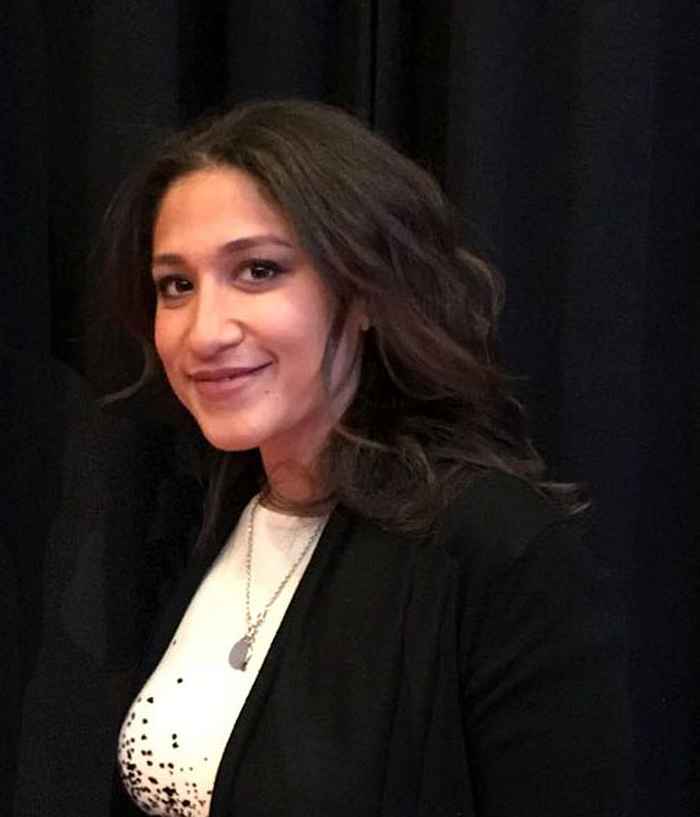Moving Forward: Opportunities and Experiences Gained During My Fellowship
by Nagwa Kady
Being awarded the Centre for Urban Studies Fellowship Writing Grant in 2019 gave me the opportunity to kickstart my career as a PhD student. During the 3-month fellowship, I worked closely with my supervisors Prof. Tuna Tasan-Kok, Dr. Sara Özogul, and Dr. Gert-Joost Peek to develop my research proposal. My research focuses on exploring planning instruments to capture social value in the governance of property development.
